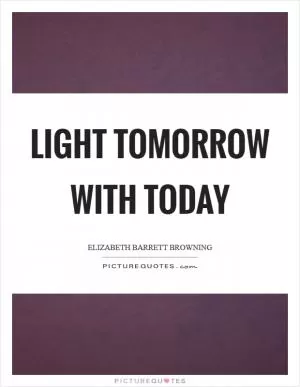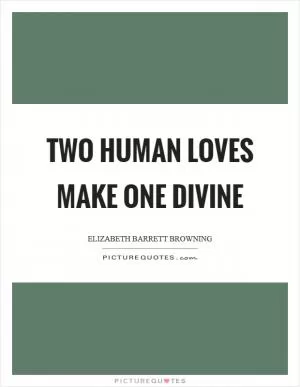But I love you, sir: and when a woman says she loves a man, the man must hear her, though he love her not

But I love you, sir: and when a woman says she loves a man, the man must hear her, though he love her not
Elizabeth Barrett Browning was a renowned poet of the Victorian era, known for her powerful and emotional works that often explored themes of love, faith, and social justice. One of her most famous poems, "Sonnet 43" from her collection "Sonnets from the Portuguese," is a beautiful expression of love and devotion. In this context, the quote "But I love you, sir: and when a woman says she loves a man, the man must hear her, though he love her not" takes on a deeper meaning.In the Victorian era, women were often expected to be submissive and obedient to men, and their feelings and desires were often overlooked or dismissed. However, in this quote, Browning challenges this notion by asserting that a woman's love should be acknowledged and respected, regardless of whether or not it is reciprocated by the man.
Browning's own life and marriage to fellow poet Robert Browning was a testament to the power of love and the importance of mutual respect and understanding in a relationship. Despite the obstacles they faced, including Elizabeth's poor health and her father's disapproval of their union, the couple's love for each other remained strong and unwavering.












 Friendship Quotes
Friendship Quotes Love Quotes
Love Quotes Life Quotes
Life Quotes Funny Quotes
Funny Quotes Motivational Quotes
Motivational Quotes Inspirational Quotes
Inspirational Quotes